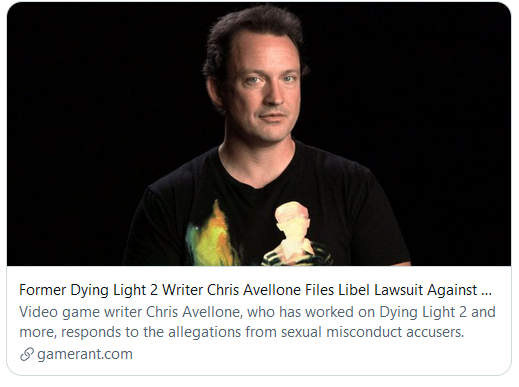Королевство кривых зеркал[xcvii]
Hush. He will tell the story forwards, but it makes more sense in reverse.[xcviii]
He was at his house, leaving. He closed a red door and he thought “I must have it painted black.”[xcix]
His car was broken. It was a Mercedes Benz. It had been broken since 1969.[c]
So, he walked up the road. It was a long row to hoe and he would be walking for two solid days to get to where he was going.
And on that second day, the waters parted from the waters.[ci] The mirror crack’d from side to side as the man turned to the dirt path from the paved.[cii] There were trees crowded around the road and twigs dropped into the puddles from above. Again, he looked above at the clouded sky. There was no rain falling. Yet. But it was pregnant and foreboding. The late winter weather seemed waiting to drench him again. At least it was not snow.
He trudged along the basin. To his right, there were glimpses of a large reservoir. The reservoir was where the Dnipro and the Pripyat merged and converted. It was a Kingdom of crooked mirrors – which bank was which?[ciii] He realized he was more tired than he thought.
There was the quiver of spring, but not yet, not yet. Then ahead a yellow pickup truck was parked in the distance. Joy leapt from his heart. He ran very slowly because the trail was made of mud, and he had a long way to go. His eyes were fixed on the yellow back of the truck hoping that he could rest. Even if rest was in the back. Even if rest meant sitting in the rain. Anything was better than this. Anything.
So along he ran with drench green boots and tatter fur on the inside with brown coat draping and gray hat dropping. Then he saw, he saw… He saw nothing. The was no driver behind the wheel. It seemed as if the truck was abandoned. A crushing feeling made him feel more alone. He went walking; a sad walk at that.
Along the truck’s edge until he reached the driver’s side. There, there was a body. He could see red that exited towards the back. He did not see the face. It was a civilian – all the good that got him. Then he spied the keys still in the ignition. Never one to look at the teeth he opened the door and pulled the corpse out.[civ] For a moment he saw the wrinkled face. It had a white and black freckled beard. The man looked away, quickly. Very quickly. One should not look at a dead man. It would be irreligious and sacrilegious.
But in the driver’s seat, everything felt different. He felt a little bit in charge. He sat upright. His boots still felt wet and outside the precipitation went to ice, but these things did not matter. He checked the petrol and found it half full. He ignored the murmuring in his head that it was just too fortunate to find a truck with any amount of fuel in it. Coincidence.
The wheels slogged through the grime. It had been raining much of the time and the road showed the wear and tear of the late winter rain with a vengeance. He focused now on driving because his eyesight was not as it used to be. But he ignored glasses. Too fragile, too delicate, to easily lost, to easily forgotten.
He was a man, God damn it.[cv] Oleg was his God-given name.
Then up ahead there were men on the road. Infantry men. Green clad infantry men. Russian green clad infantry men.
There were only two choices, and he did not have time to choose either. The truck stopped.
The window was rolled down by inches which a manual window handle moved. Teeth.
The first man on the outside placed his hands over the door, and began to speak:
“What are you doing driving around here?” The face was young, the words were plastic. The young face stared blankly into his eyes with a brown surreptitious look.


